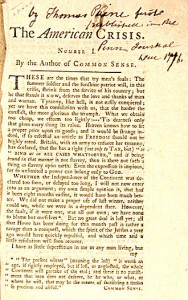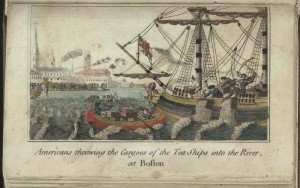Good morning, Whitewater.
Sunday in town will be partly cloudy but warm (for this time of year), with a high of forty-three. Sunrise is 7:21 and sunset 4:23, for 9h 01m 40s of daytime. The moon is awaxing gibbous with 71.7% of its visible disk illuminated.
Eggnog wins again the the FW Friday poll, with 69.57% of respondents saying they’d go for it.
At the New York Times, there’s an interactive article entitled, Mapping Saturn’s Moons, and an accompanying video on the possibility of (simple) life on the Saturnian moon, Enceladus:
From 1941-1945, Wisconsinites serve with distinction and great personal sacrifice, to defeat the Axis:
1941 – Wisconsin Soldiers Enlist, 1941-1945
After the attack on Pearl Harbor, thousands of Wisconsin citizens volunteered to fight. Roughly 320,000 Wisconsin soldiers served in the armed forces during the WWII, including more than 9,000 women. Wisconsin’s National Guard formed a substantial part of the new Red Arrow Division, helping to maintain the respected reputation of its predecessor from World War I by remaining undefeated in the Pacific theater. The majority of Wisconsin soldiers were draftees who served in units comprised of men from around the country. More than 8,000 soldiers died and another 13,000 were wounded in combat. Fifteen Wisconsin men won the Medal of Honor during WWII. [Source: Turning Points in Wisconsin History]




